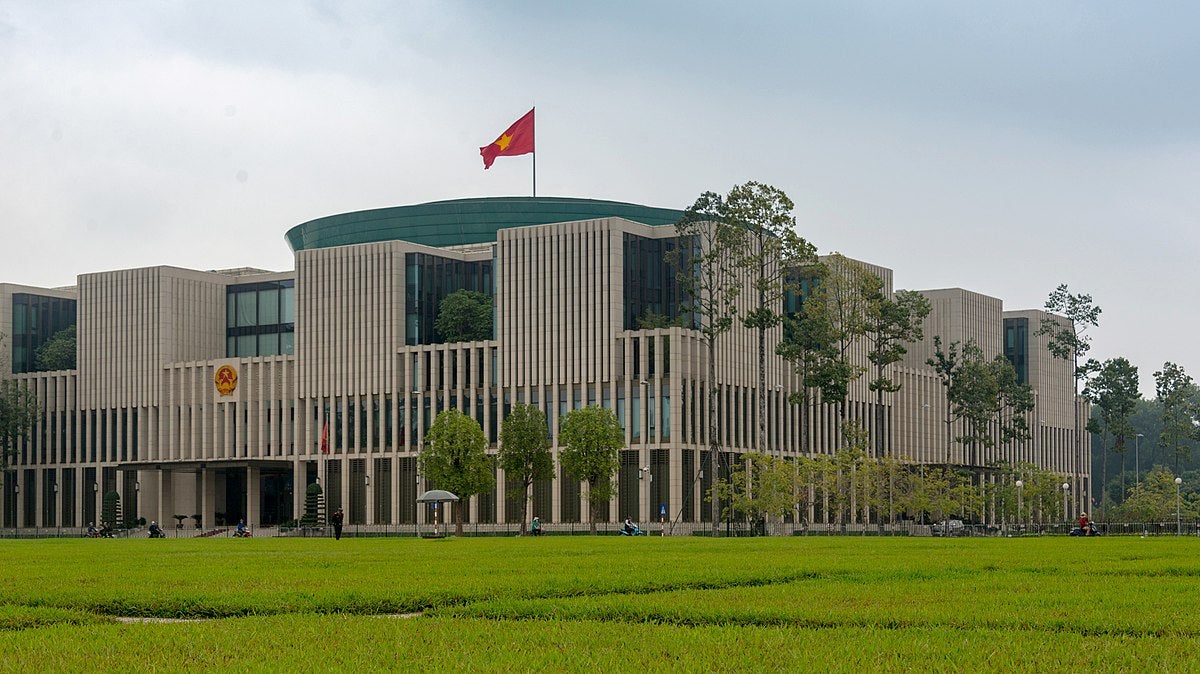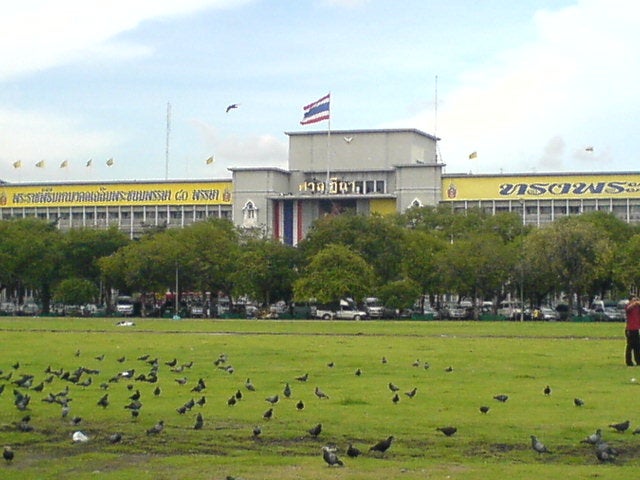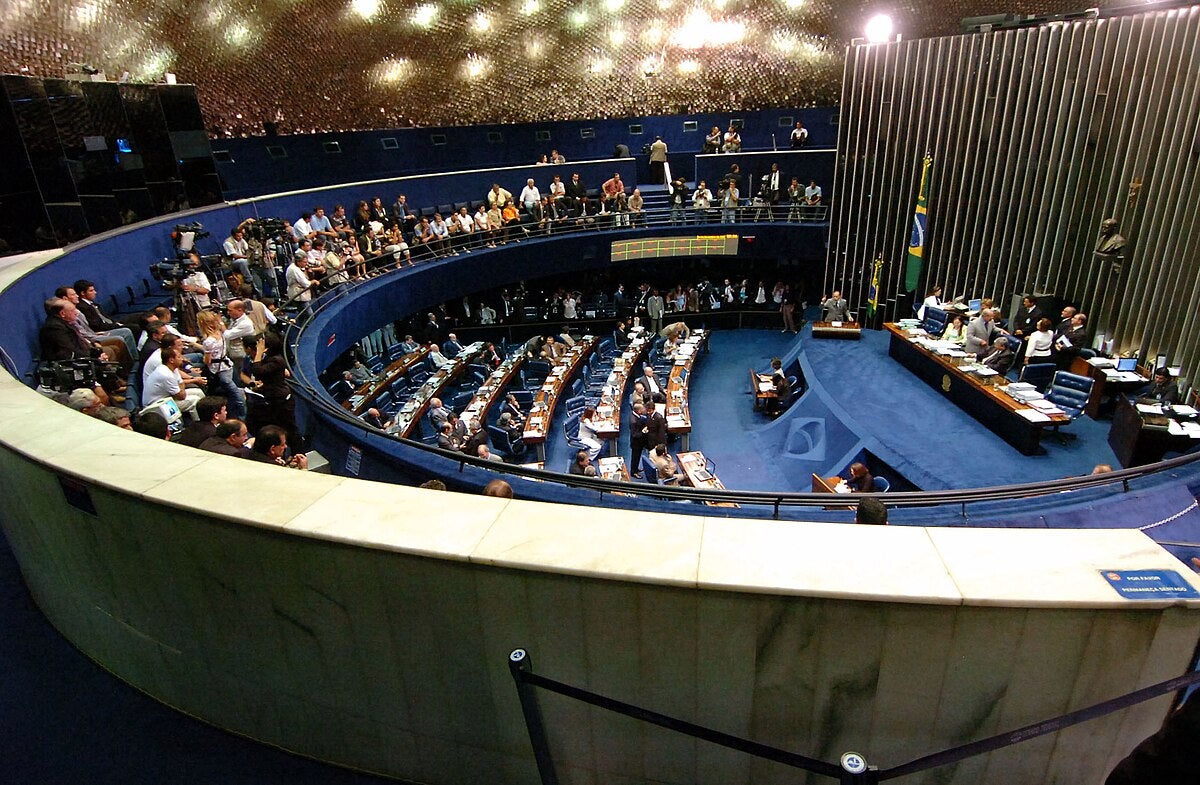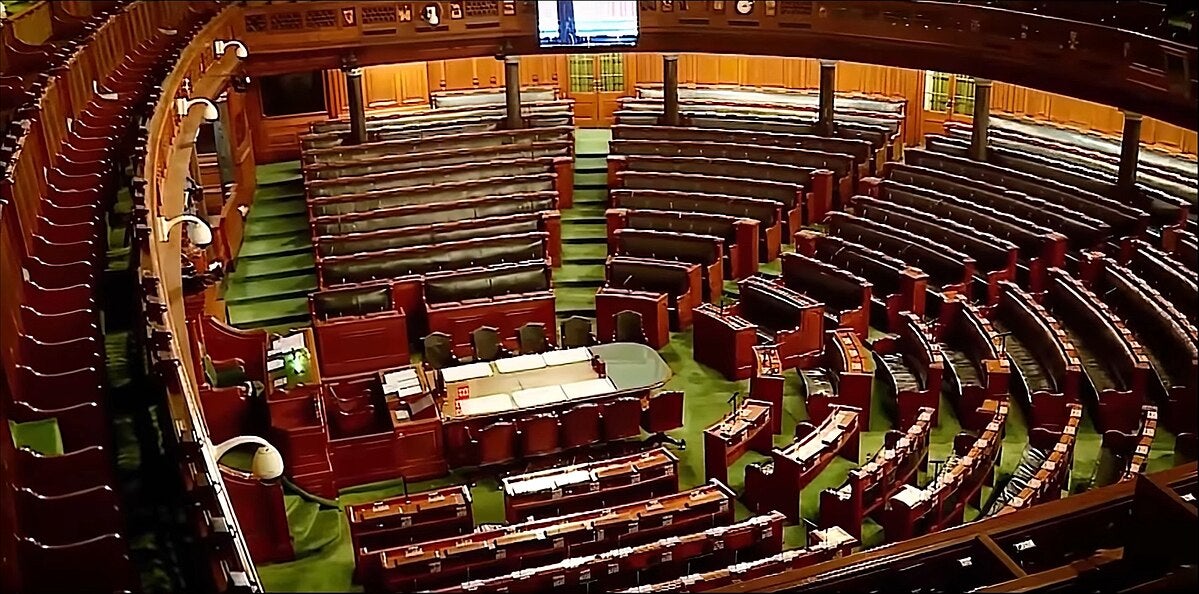Trade War Turbulence
The US tariff surge to 145% on Chinese goods has intensified pressure on Macau's casino bonds, with spreads like Sands China's investment-grade debt widening 19-25 basis points (April 2nd-4th) before ballooning to 76-137 bps by mid-April. High-yield bonds maturing beyond 2025 spiked 110-258 bps during the same period. While 73% of Macau's tourism relies on mainland China—buffering operators from direct tariff fallout—CreditSights warns geopolitical friction could destabilize investor confidence.
"Macau bonds are likely to experience bouts of tariff headline-driven volatility in the near-term, particularly those pertaining to China," cautioned CreditSights analysts Nicholas Chen and David Bussey. They predict liquidity risks will continue to loom if spreads persist at distressed levels.
Steady Recovery Expectations
CreditSights reaffirms confidence in Macau's casino sector despite the turbulence, projecting a 4.7% GDP growth rate for China, above the 4.5% consensus. The firm anticipates sustained recovery momentum through 2025, driven by steady gross gaming revenue (GGR) and non-gaming attractions like Melco's House of Dancing Water Show and Sand China's revamped Londoner complex.
However, Citigroup forecasts a 6% year-on-year collective industry EBITDA decline to US$1.92 billion for Q1 2025, citing rising labor costs and unfavorable hold rates. Sands China may bear the brunt with a projected 13% drop to US$530 million. Margin improvements are expected later this year.
Persistent Margin Squeeze Amid Post-Pandemic Recovery
Macau's six casino operators closed FY24 with robust revenue growth, though EBITDA margins contracted industry-wide as wage hikes and property upgrades offset gains. MGM China emerged as the sole operator to surpass pre-pandemic 2019 benchmarks in both revenue and EBITDA, while Sands China's Q4 performance lagged due to ongoing $1.2 billion Londoner renovations.
Fourth-quarter EBITDA fell across the sector, with staffing costs surging 12-18% year-on-year and venues like MGM Cotai and City of Dreams Macau underperforming. While 2024 full-year EBITDA rose across all operators—high yield issuers saw double-digit jumps—growth rates slowed compared to 2023's reopening surge. CreditSights predicts 2025 EBITDA will stabilize at 3-5%, with Sands poised to benefit the most due to completed upgrades.


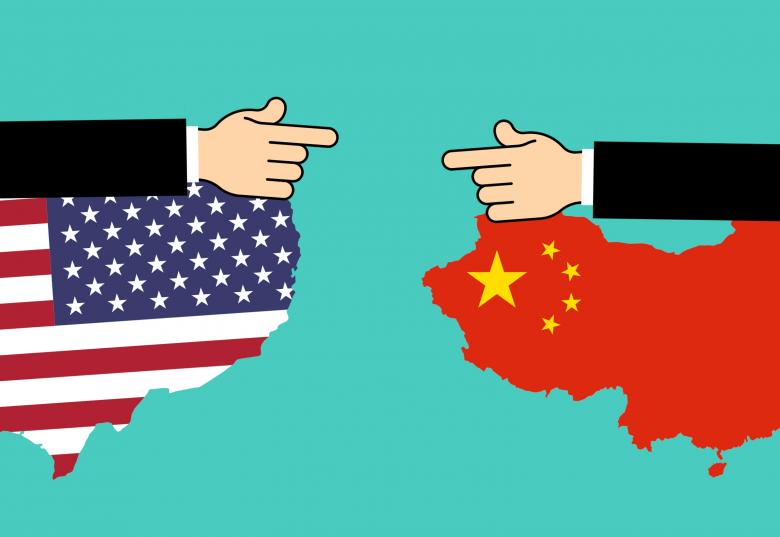








.jpg)









